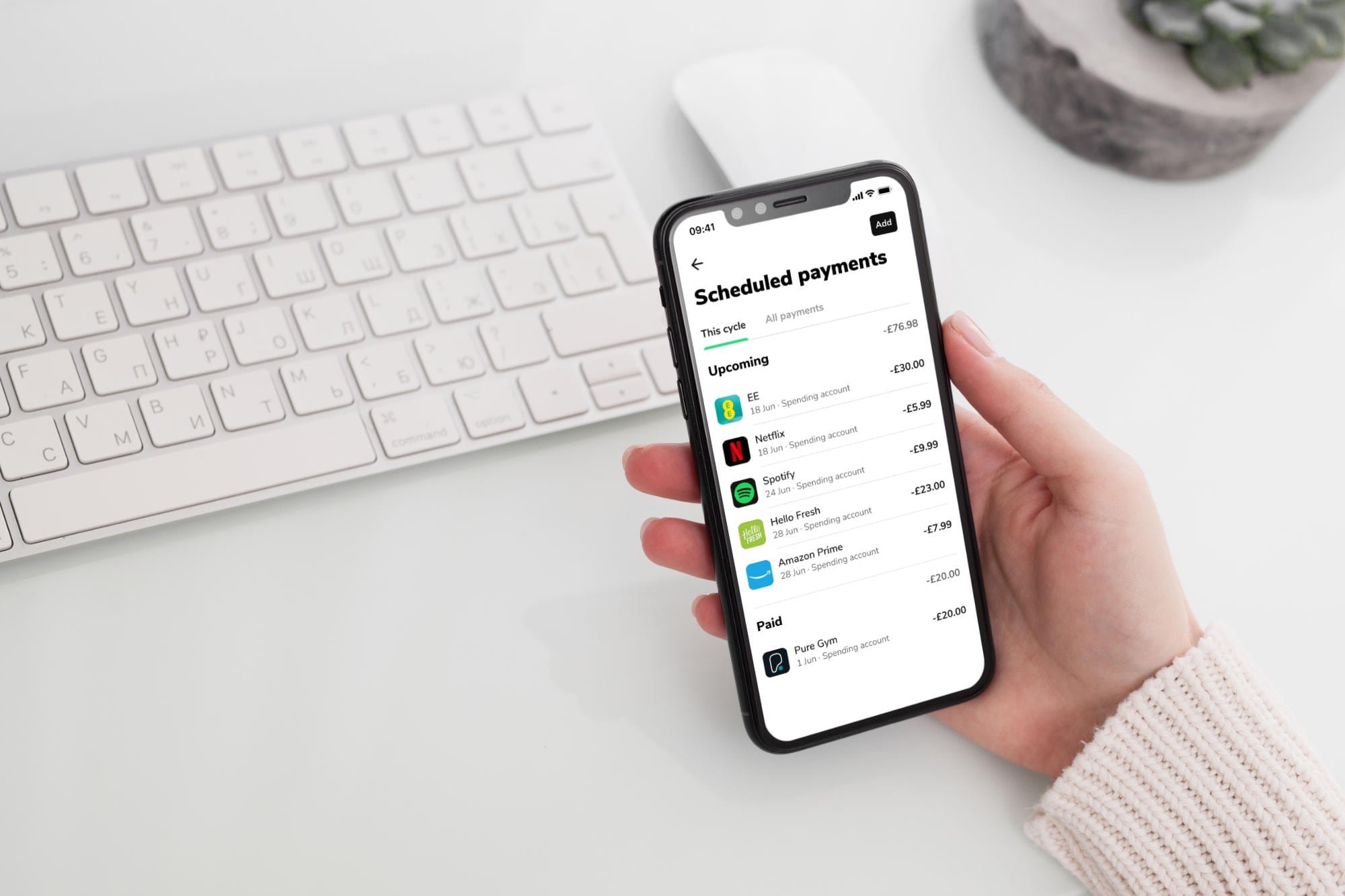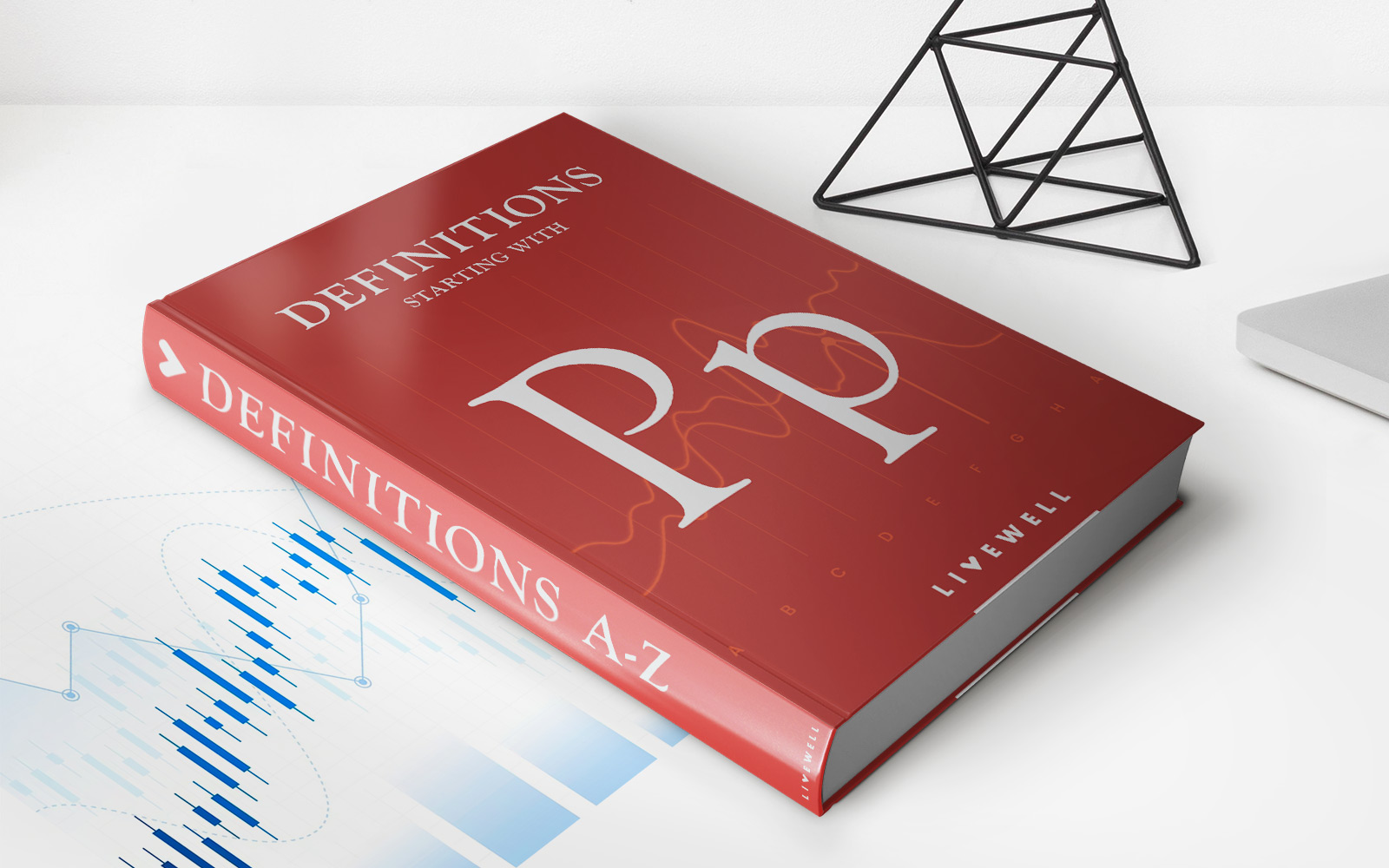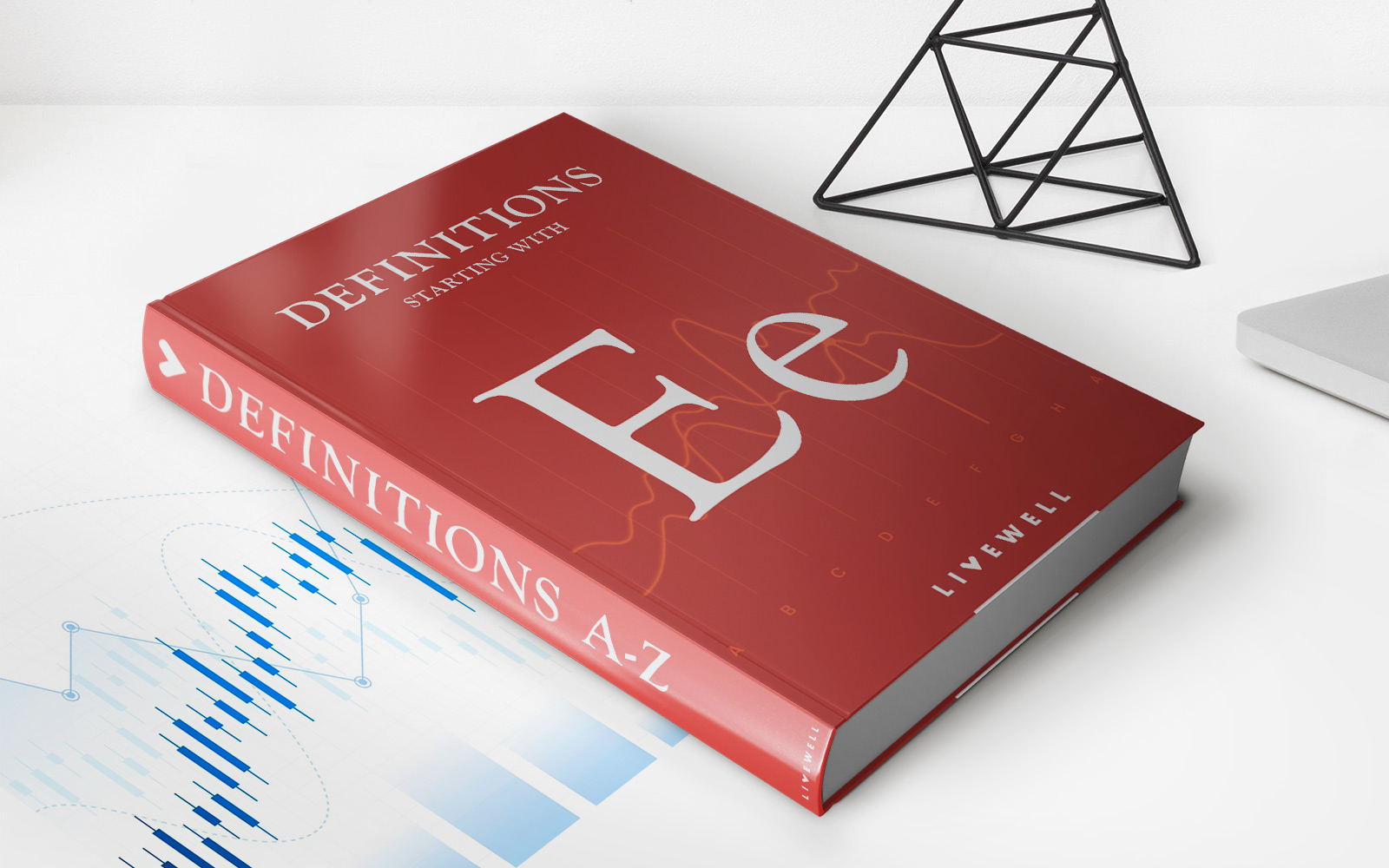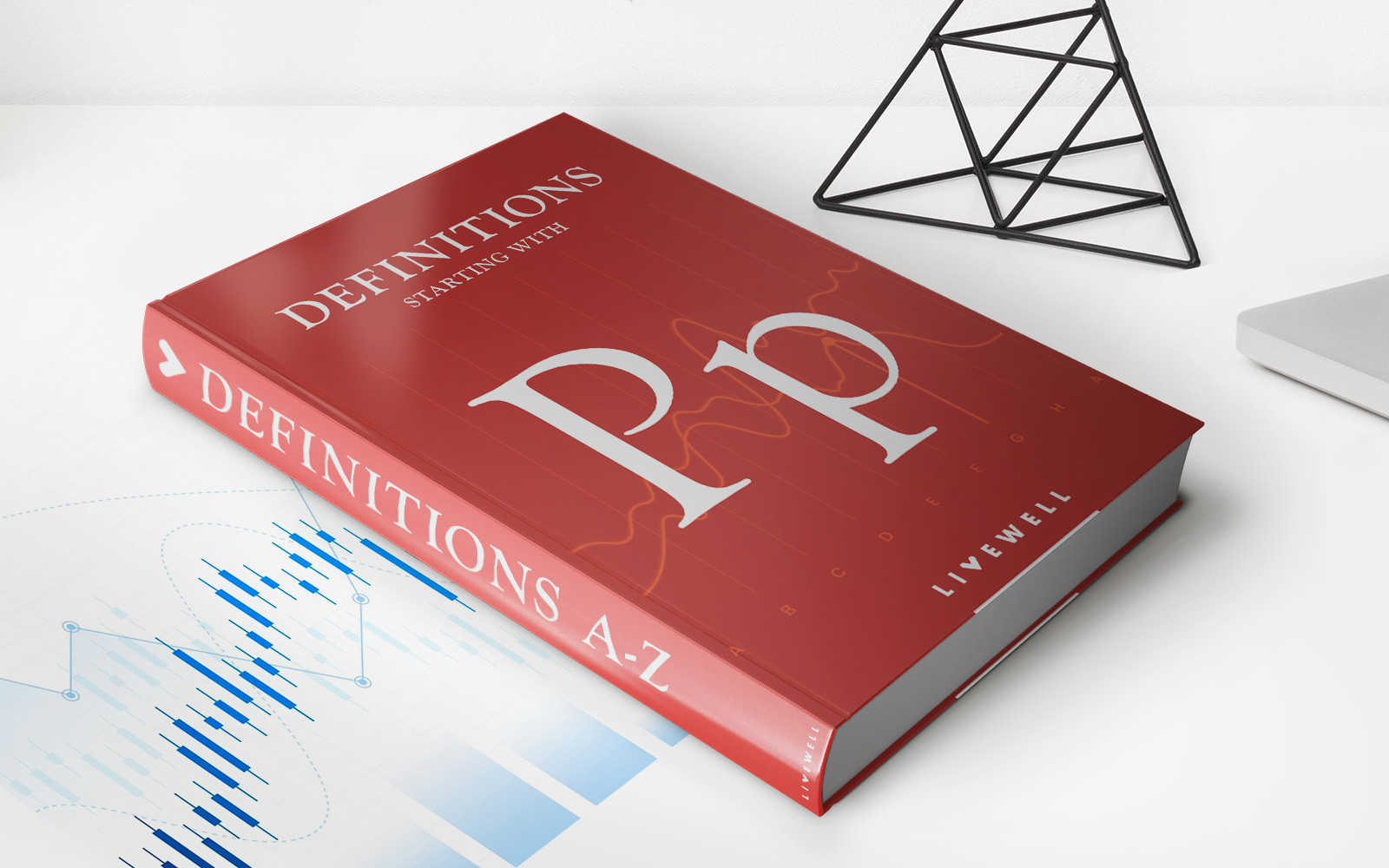

Finance
What Is The Best App For Money Management?
Published: February 28, 2024
Looking for the best app for finance and money management? Discover top-rated options to take control of your finances and budget effectively. Choose the perfect finance app for your needs today!
(Many of the links in this article redirect to a specific reviewed product. Your purchase of these products through affiliate links helps to generate commission for LiveWell, at no extra cost. Learn more)
Table of Contents
Introduction
Introduction
Welcome to the digital age, where managing your finances has never been easier thanks to the plethora of money management apps available at your fingertips. In today’s fast-paced world, staying on top of your financial health is crucial, and these innovative apps offer a convenient solution for tracking expenses, creating budgets, and achieving savings goals. Whether you’re a seasoned investor or just starting on your financial journey, finding the best app for money management can make a significant difference in your fiscal well-being.
With the rise of technology, traditional methods of financial management, such as pen and paper or cumbersome spreadsheets, have been replaced by intuitive and feature-rich mobile applications. These apps not only streamline the process of tracking income and expenses but also provide valuable insights into spending patterns, investment opportunities, and overall financial health. As we delve into the world of money management apps, it’s essential to understand the importance of effective financial management and the key factors to consider when evaluating these applications.
Join us as we explore the realm of money management apps, uncovering the top contenders in the market and gaining valuable insights into how these tools can empower individuals to take control of their finances and work towards a more secure financial future.
Importance of Money Management
Importance of Money Management
Effective money management is the cornerstone of financial stability and success. It encompasses a range of practices, including budgeting, tracking expenses, saving for the future, and making informed investment decisions. Regardless of one’s income level or financial goals, the ability to manage money wisely is a skill that can yield long-term benefits and mitigate financial stress.
One of the primary reasons why money management is crucial is its role in fostering financial discipline and accountability. By tracking expenses and creating a budget, individuals gain a clear understanding of where their money is being spent and can identify areas for potential savings. This heightened awareness encourages responsible spending habits and reduces the likelihood of falling into debt or living beyond one’s means.
Moreover, effective money management empowers individuals to work towards their financial aspirations, whether it’s building an emergency fund, saving for a major purchase, or planning for retirement. By setting specific financial goals and adhering to a structured budget, individuals can make tangible progress towards achieving their objectives, fostering a sense of control and accomplishment.
Furthermore, sound money management practices contribute to overall peace of mind and reduced financial anxiety. Knowing that one’s finances are being managed prudently instills a sense of confidence and security, allowing individuals to focus on other aspects of their lives without the burden of constant financial worry.
For those seeking to build wealth and secure their financial future, effective money management is essential for optimizing savings and making informed investment decisions. By consistently tracking income and expenses, individuals can identify surplus funds that can be channeled into investment vehicles, such as stocks, mutual funds, or retirement accounts, thereby leveraging their resources to generate long-term returns.
In essence, the importance of money management cannot be overstated. It serves as the bedrock of financial well-being, providing individuals with the tools and mindset necessary to navigate the complexities of personal finance and build a solid foundation for a prosperous future.
Factors to Consider in Money Management Apps
When evaluating money management apps, several key factors should be taken into consideration to ensure that the chosen application aligns with your financial goals and preferences. These factors play a pivotal role in determining the app’s usability, effectiveness, and overall impact on your financial management journey. Let’s explore the essential considerations when selecting a money management app:
- User-Friendly Interface: A well-designed and intuitive interface is crucial for seamless navigation and efficient use of the app. Look for an application that offers a clean layout, easy-to-understand features, and customizable settings to suit your preferences.
- Comprehensive Budgeting Tools: The app should provide robust budgeting capabilities, allowing users to set spending limits, categorize expenses, and receive alerts for budget overruns. The ability to create and track multiple budgets for different purposes, such as monthly expenses, savings goals, and debt repayment, is highly advantageous.
- Expense Tracking and Analysis: An effective money management app should offer robust expense tracking features, enabling users to effortlessly monitor their spending patterns, identify trends, and gain insights into their financial behavior. Visual representations of spending data, such as charts and graphs, can enhance the understanding of individual financial habits.
- Goal Setting and Tracking: Look for an app that facilitates goal setting and progress tracking. Whether it’s saving for a vacation, building an emergency fund, or paying off debt, the app should allow users to establish specific financial goals and monitor their advancement towards achieving them.
- Security and Data Privacy: Prioritize applications that uphold stringent security measures to protect sensitive financial information. Features such as multi-factor authentication, data encryption, and secure cloud storage contribute to a secure user experience and safeguard against potential breaches.
- Integration with Financial Institutions: Seamless integration with bank accounts, credit cards, and investment accounts enhances the app’s functionality by automatically syncing transactions and account balances. This streamlines the process of expense tracking and provides real-time visibility into financial transactions.
- Customer Support and Resources: Consider the availability of customer support channels and educational resources within the app. Access to tutorials, FAQs, and responsive customer service can be invaluable in addressing queries and maximizing the app’s utility.
By carefully assessing these factors, individuals can make informed decisions when selecting a money management app that best suits their unique financial needs and preferences. The right app can serve as a powerful ally in achieving financial organization, discipline, and long-term prosperity.
Top Money Management Apps
As the demand for effective money management tools continues to rise, several standout apps have emerged, offering a diverse range of features to cater to varying financial needs. Whether you’re focused on budgeting, expense tracking, or investment management, these top money management apps provide comprehensive solutions to empower users in their financial journey. Let’s explore some of the leading money management apps that have garnered acclaim for their functionality and user-friendly interfaces:
- Mint: Mint stands out as a popular and versatile money management app that consolidates all financial accounts in one place. With features such as budget tracking, bill reminders, and credit score monitoring, Mint provides a holistic view of an individual’s financial landscape.
- You Need a Budget (YNAB): YNAB adopts a proactive approach to budgeting, emphasizing the importance of giving every dollar a specific job. The app’s philosophy centers on prioritizing expenses, breaking the paycheck-to-paycheck cycle, and fostering mindful spending habits.
- Personal Capital: Geared towards investment management and retirement planning, Personal Capital offers robust tools for tracking investment performance, analyzing asset allocation, and projecting future retirement scenarios. The app also provides a comprehensive view of net worth and cash flow.
- YNAB: YNAB adopts a proactive approach to budgeting, emphasizing the importance of giving every dollar a specific job. The app’s philosophy centers on prioritizing expenses, breaking the paycheck-to-paycheck cycle, and fostering mindful spending habits.
- Clarity Money: Clarity Money focuses on optimizing savings and reducing unnecessary expenses. Through AI-powered insights, the app identifies potential savings opportunities, negotiates lower bills, and provides a consolidated view of subscriptions and recurring payments.
These top money management apps exemplify the diverse approaches and specialized features available in the market, catering to individuals with varying financial priorities and objectives. By leveraging the capabilities of these apps, users can gain valuable insights, exercise greater control over their finances, and work towards achieving their short-term and long-term financial goals.
Conclusion
As we conclude our exploration of money management apps, it becomes evident that the landscape of personal finance has been significantly transformed by the advent of these innovative tools. The importance of effective money management cannot be overstated, and the availability of feature-rich apps has empowered individuals to take control of their financial well-being with unprecedented convenience and insight.
By embracing user-friendly interfaces, comprehensive budgeting tools, and robust expense tracking capabilities, these apps have revolutionized the way individuals approach financial management. Moreover, the integration of advanced security measures and seamless connectivity with financial institutions has instilled confidence in users, assuring the protection of their sensitive financial data while facilitating real-time visibility into their financial transactions.
Furthermore, the top money management apps highlighted in our exploration represent a testament to the diversity of offerings in the market, catering to a spectrum of financial needs and priorities. Whether individuals seek to optimize their savings, diligently track expenses, or embark on investment management, there exists an app tailored to their specific requirements.
As we look to the future, the continued evolution of money management apps is poised to further enhance the financial literacy and well-being of individuals worldwide. With ongoing advancements in AI-driven insights, personalized recommendations, and seamless integration with emerging financial technologies, the potential for these apps to empower users and drive positive financial outcomes is boundless.
In conclusion, the era of money management apps has ushered in a new paradigm of financial empowerment, enabling individuals to transcend traditional constraints and embrace a proactive and informed approach to managing their finances. By leveraging these tools effectively, individuals can navigate the complexities of personal finance with confidence, purpose, and a clear path towards achieving their financial aspirations.














